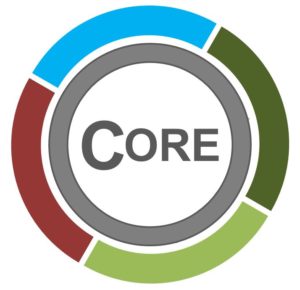
MRTs report any instances of professional misconduct to the appropriate authority for investigation
What constitutes misconduct for MRTs?
- In general, professional misconduct involves a failure to maintain the expectations laid out for the profession in standards of conduct or codes of ethics, or which is in violation of provincial MRT regulations, federal or provincial laws, municipal bylaws or hospital bylaws/rules1.
- Examples of professional misconduct may include1:
- Failure to obtain consent for treatment from a patient
- Practice while impaired by a substance
- Fraud
- Misrepresentation (of qualifications)
- Sexual and other forms of abuse
- Breach of patient confidentiality
- Expectations of conduct in the MRT profession is relatively uniform across Canada, but does vary due to the provincial nature of legislation and regulation, as well as variations in local policy.
- As professionals, it is important that MRTs seek to adhere to expectations of conduct laid out by documents that apply in their jurisdiction, such as a Code of Ethics, regulations and legislation2:
- These constitute the reasonable expectations laid out by governments, provincial regulators and professional associations to ensure MRTs provide responsible, safe and appropriate care to patients3
- Contravention of any of these elements constitutes professional misconduct
- Although provisions in some regulations provide guidance, ultimately, it is the responsibility of each MRT to know what does and does not constitute professional conduct and misconduct3.
- MRTs are also responsible for being familiar with, and adhering to, related local legislation and bylaws
Addressing misconduct in the workplace
- Reporting professional misconduct is an important mechanism for maintaining the integrity of the medical radiation technology profession as a whole and holding the confidence of patients.
- MRTs have an ethical obligation to conduct themselves as professionals and report activities (their own or of their peers) to the appropriate authority when there could be a violation.
- In general, an MRT would make a report to an immediate supervisor who would take the matter further
- It is not for the MRT to determine whether the conduct of a colleague is in violation of the expectations of professional conduct, but rather to report instances where he/she believes an activity could be in violation
- An investigation of the matter will be carried out by those responsible for overseeing the conduct of the profession or the individual professional
- In a regulated province, all instances of misconduct are reported to the regulatory college for further investigation
Related Posts
-
PROFESSIONALISM TOPIC GUIDELINE Collaborative Practice Interprofessional collaboration Core Transitions in care Core Professional Conduct Resolving…
-
-
References
-
College of Medical Radiation Technologists of Ontario. Complaints and discipline. Professional misconduct. Available from: http://www.cmrto.org/complaints/professional-misconduct.asp. [Accessed 20 Dec 2013]
-
Canadian Association of Medical Radiation Technologists. Member Code of Ethics and Professional Conduct. Nov 2015. CAMRT. Available from: https://www.camrt.ca/mrt-profession/professional-resources/code-of-ethics/. [Accessed 12 Dec 2019]
-
College of Nurses of Ontario. Reference document. Professional Conduct: Professional Misconduct. 2017. Available from: http://www.cno.org/globalassets/docs/ih/42007_misconduct.pdf. [Accessed 30 Apr 2018]
